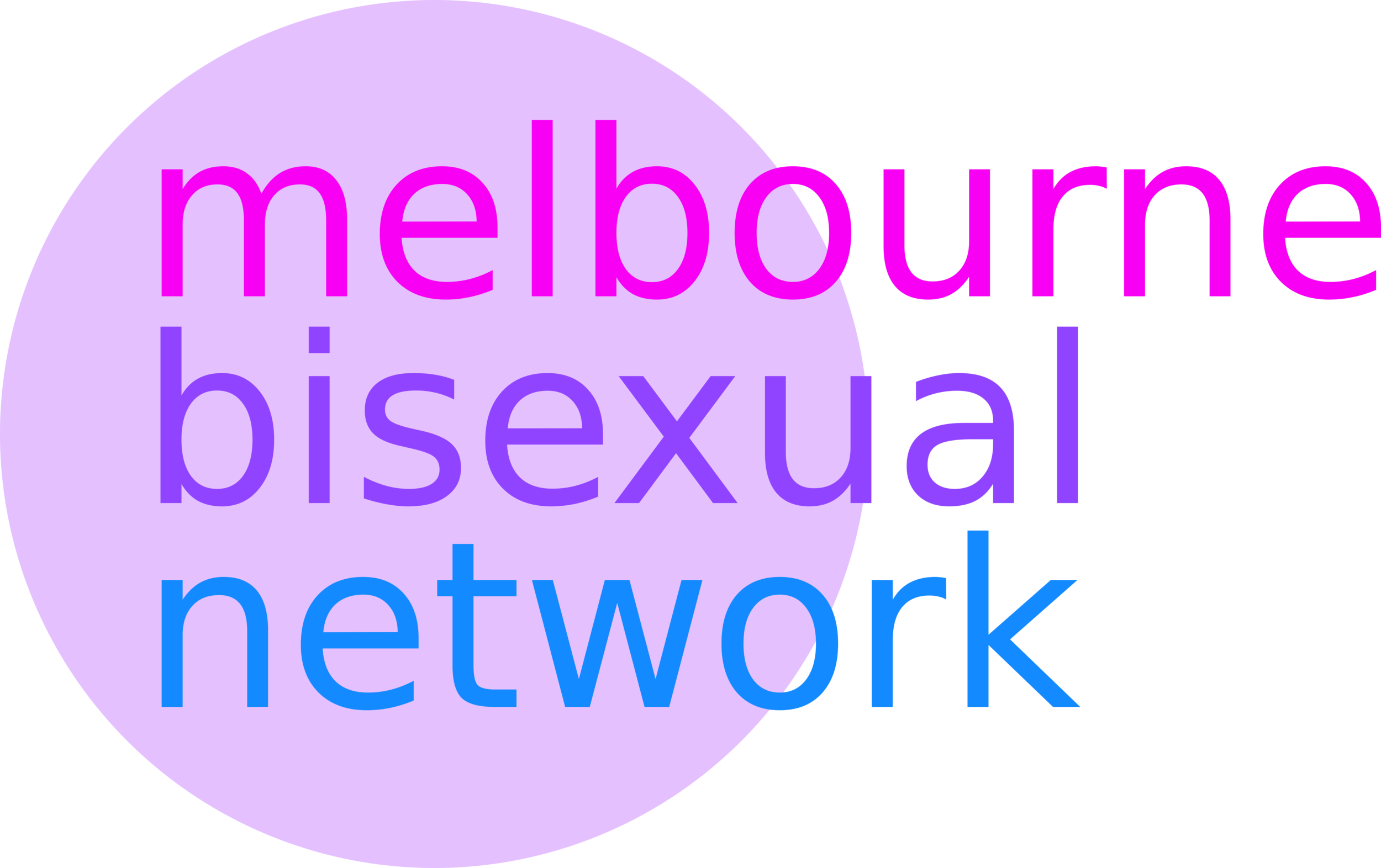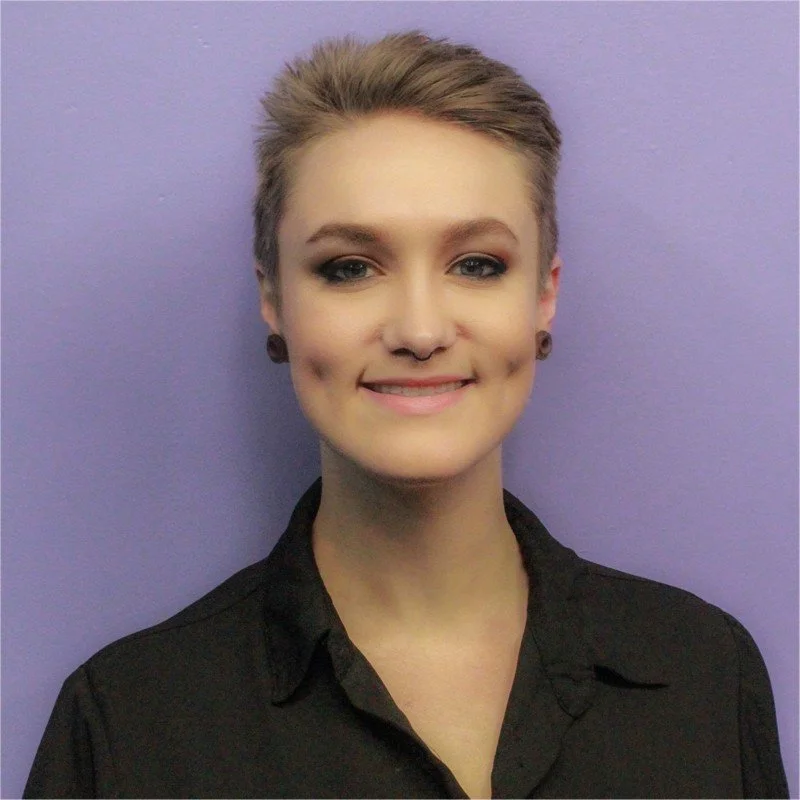On September 21st, 2023, MBN officially launched the two reports, "Bi The Way: A Guide to Bisexual+ Research” and “Intimate Partner Violence: Bi+ Inclusive Practice Report”, at an event with RMIT.
This was a combined virtual and in-person event that included a panel presentation (see below) with Juniper Muller, Ruby Mountford and Penny McKay from MBN as well as Amber Loomis from the Sydney Bi+ Network and Jade de Bondt.
This event was part of the Stand Bi Us, annual bi+ conference celebration of Bi Visibility Week.
Bi The Way: A Guide to Bisexual+ Research (Cavarra, R., Amos, N., & Muller, J. 2023).
MBN worked with research staff at Australian Research Centre in Sex, Health and Society at La Trobe University (ARCSHS) to create a set of guidelines on Bi+ inclusive research, “Bi The Way”.
Intimate Partner Violence: Bi+ Inclusive Practice Report (Loomis, A, Mountford, R., Muller, J., McKay, P., & Grigg, M. 2023).
This was the report of a collaboration with organisations working in violence prevention and response (Safe and Equal and Berry Street) to create bi+ inclusive practice resources, and to improve outcomes for bi+ women in their care.
Image by Briar Rolfe.














